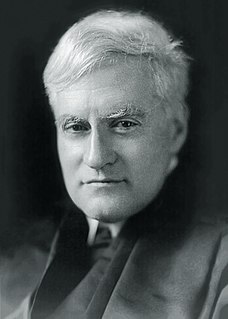A Quote by W. Somerset Maugham
It is cruel to discover one's mediocrity only when it is too late. It does not improve the temper.
Related Quotes
We discover too late that we have turned a blind eye to the extinction of a species that is essential to the balance of life in a particular context. Or we discover too late that the importation of a foreign life-form, animal or vegetable, has upset local ecosystems, damaging soil or neighbouring life-forms. We discover that we have come near the end of supplies-of fossil-fuels for example -on which we have built immense structures of routine expectation.
I thought that if the right time gets missed, if one has refused or been refused something for too long, it's too late, even if it is finally tackled with energy and received with joy. Or is there no such thing as "too late"? Is there only "late," and is "late" always better than "never"? I don't know.
We live, understandably enough, with the sense of urgency; our clock, like Baudelaire's, has had the hands removed and bears the legend, "It is later than you think." But with us it is always a little too late for mind, yet never too late for honest stupidity; always a little too late for understanding, never too late for righteous, bewildered wrath; always too late for thought, never too late for naïve moralizing. We seem to like to condemn our finest but not our worst qualities by pitting them against the exigency of time.
Very often in everyday life one sees that by losing one's temper with someone who has already lost his, one does not gain anything but only sets out upon the path of stupidity. He who has enough self-control to stand firm at the moment when the other person is in a temper, wins in the end. It is not he who has spoken a hundred words aloud who has won; it is he who has perhaps spoken only one word.
The noble Lord, Lord Harrison, said, 'Fox hunting is cruel and I therefore want it banned.' He went on to discuss the option of controlling foxes by shooting with a rifle. He suggested that that method was preferred in the Burns report. However, nowhere in that report, so far as I can see, does any conclusion suggest that fox hunting is cruel. I defy the noble Lord to find a reference in the Burns report that says that fox hunting is cruel. It does not say that anywhere. Therefore, the only conclusion to draw is that fox hunting is not cruel.





































